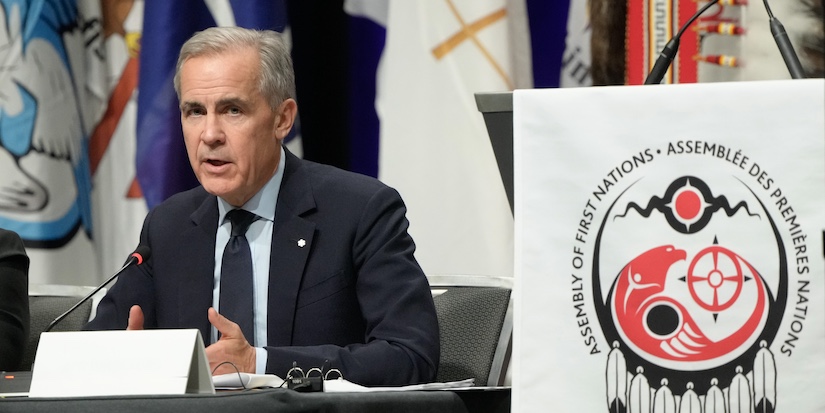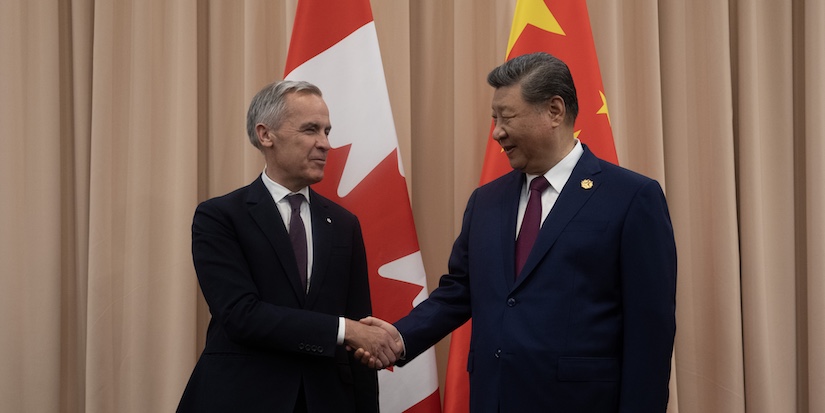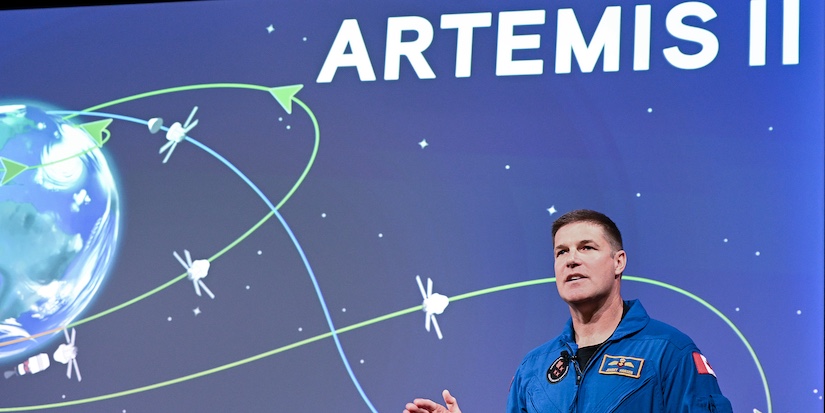Latest News
As Rolston departs, Richmond Music School is still in good hands

When the Richmond Music School first began in
1980, it operated out of a single portable classroom on Sea Island.
Thirty-eight years later, the school
resembles a full-fledged conservatory, with an annual calendar that features a
concerto concert, scholarship competition, and ensemble concert.
Former principal Patricia Rolston has been
the mind behind many of the school’s current events and programs.
“They’re all mine. Everything. Nothing has
been done that hasn’t been out of my head,” she says.
Since arriving at the Richmond Music School
in 1989, Rolston has started numerous initiatives that give young students a
glimpse of what it would be like to perform as a concert musician.
One of these is the annual Concerto Concert,
where students are given the opportunity to play as soloists alongside
professional musicians.
“They (the concerts) are all contributing to
making these kids who they are,” Rolston says.
After 29 years as the principal, Rolston is
now stepping down, due to health issues and a need for more rest.
While the school has changed leadership, it
will continue to serve the community through music, says new principal Grace
Chami-Sather.
“Music is a universal language that brings
the people of the world together and improves their cognitive capacity,” says
Chami-Sather, an educational consultant who has teaching experience in Lebanon,
Oman, Greece, Canada, the United States, and the United Arab Emirates.
“Moreover, it is a cultural artifact that
carries a deeper understanding of the collective feeling of the original
society.”
Chami-Sather has taught numerous subjects,
including English, Arabic, piano and music theory. She also has written a
children’s book that promotes literacy.
Throughout her diverse career, Chami-Sather
has found a way to incorporate music into her teaching, even if the subject
wasn’t related to music.
“Whether I was teaching languages or math or
arts, music was my universal tool. Each country I lived in offered me an
opportunity to grow professionally, teaching school subjects and English as
foreign language through music.”
Chami-Sather has also used the piano to train
budding teachers, and as a tool to create a bond between these instructors and
students.
The piano has been a central part of her
life, both inside and outside the classroom.
For three consecutive years, Chami-Sather
achieved the highest score in the Middle East for the Trinity College of Music
piano examination.
At age 17, she also had the opportunity to
play for foreign ambassadors in Lebanon, where she grew up.
Now, Chami-Sather hopes to give students the
knowledge and opportunities she had as a young musician.
“We (will) create opportunities for our
students to travel, win scholarships and be discovered as talents in the world
and at home,” she says.
In addition to giving students more
opportunities to perform, the new principal also hopes to create new programs,
such as classes for adults and classes devoted to music history.
“History sets the breaking grounds for the
future. Reviewing the history and lives of composers would lead to a better
understanding of compositions and the meaning of creating music that suits the
needs of (the) times and cultures.”
Looking ahead to the upcoming school year,
Chami-Sather invites the public to visit the School’s tent during the Richmond’s
Culture Days on Sept. 30, located at the Richmond Cultural Centre.
While the Richmond Music School has grown in
size and programs, its primary objective remains the same.
“The vast majority of them have become, I
hope, music lovers, and will go to concerts and make music a part of their
lives forever,” says Rolston.“If that happens, then I have accomplished my
goal.”




























